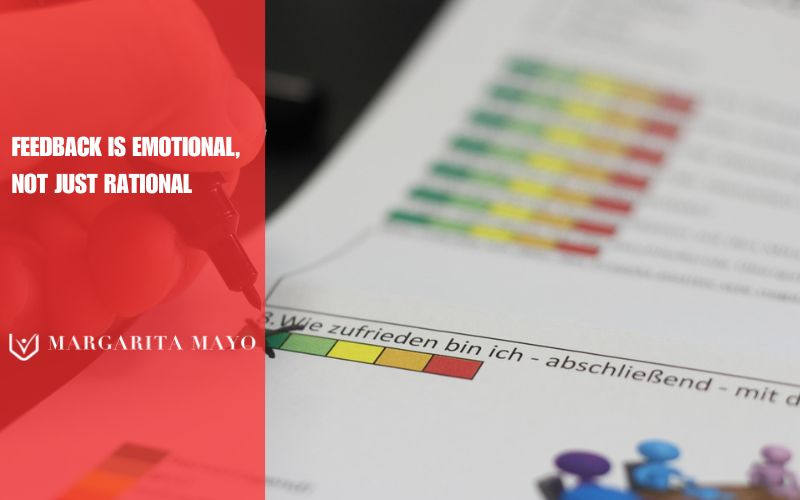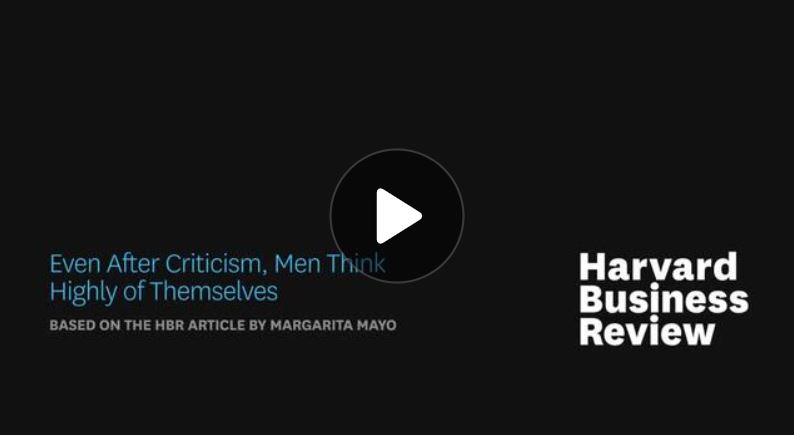Introduction
Imagine you’re in a meeting and someone offers a suggestion to improve how you communicate with your team. Is your instinct to thank them… or to get defensive? What you do in that moment could be the difference between staying stuck and growing as a person—and as a leader.
In my 25+ years of working with executives, I’ve noticed something fascinating: the most effective leaders are not those who appear flawless, but those who show up as real. And one of the most powerful ways to cultivate that authenticity is through feedback.
What if you could see yourself through someone else’s eyes?
Would you be surprised?
Feedback Is Emotional, Not Just Rational

Criticism, even if constructive, threatens our ego and self-image. Instead of listening openly, we often respond defensively—denial, justification, or even counterattacking.
Why Is It So Hard to Listen?
According to Nobel laureate Daniel Kahneman, we operate with two mental systems: System 1 (fast, automatic, emotional) and System 2 (slow, reflective, rational). When we receive feedback, System 1 tends to kick in first, interpreting it as a threat. That’s when we shut down—just when we most need to learn.
The Overconfidence Bias: The Dunning-Kruger Effect

This shows up in corporate life, too. When I ask executives to rate their leadership performance, over 90% place themselves above average. Statistically impossible—but very human.
The Social Mirror: Feedback Reveals Who You Really Are

Interestingly, women were more likely to integrate feedback and align their self-view with peers. Men tended to maintain an inflated self-image even when peer data said otherwise. Ignoring feedback can quietly block your growth.
Here is the video with a graphic explanation:
Feedback as a Catalyst for Authenticity
One leadership myth is that we must project total confidence. But research says otherwise. True confidence comes from self-awareness, accepting our limits, and showing willingness to learn. In other words, authenticity is more powerful than perfection.
Receiving feedback without becoming defensive is an act of humility—one of the most research-supported traits of effective leaders (Owens & Hekman, 2012). Humble leaders create psychological safety, where teams feel free to speak up, take risks, and learn.
How to Train Your Mind to Receive Feedback Better
Here are three research-backed strategies:
- Reframe Feedback as a Gift
Instead of seeing it as criticism, view feedback as a growth opportunity. Training your brain to see learning as a continuous process reduces threat and increases openness. This is what Carol Dweck (2006) calls a growth mindset.
- Regulate Emotions Before Responding
Take a breath. Activate System 2. Ask: “What part of this feedback could help me, even if it’s uncomfortable?”
- Ask for Specific Examples
The more specific the feedback, the easier it is to act on. Ask: “Could you give me an example of when you saw that?” This shows genuine interest in improvement.
Feedback Makes You Not Just a Better Leader—But a More Human One
Accepting that we don’t have all the answers, and learning from others, shifts us from ego-driven leadership to connection-driven leadership. It doesn’t just improve performance—it boosts team wellbeing.
Research on stress and workplace psychology (Bakker & Demerouti, 2007) shows that authentic leadership—which includes openness to feedback—improves motivation, reduces burnout, and increases job satisfaction.
In Summary:
- Feedback is an emotional, not just cognitive, experience.
- Ignoring it distances us from reality. Embracing it helps us grow.
- Humility and openness to feedback are signs of authentic leadership.
- Our brains can be trained to learn—even when it’s hard.
You don’t need to be a perfect leader.
You need to be a real one.
References
- Bakker, A. B., & Demerouti, E. (2007). The Job Demands‐Resources model: State of the art. Journal of Managerial Psychology, 22(3), 309–328. https://doi.org/10.1108/02683940710733115
- Dunning, D., & Kruger, J. (1999). Unskilled and unaware of it: How difficulties in recognizing one’s own incompetence lead to inflated self-assessments. Journal of Personality and Social Psychology, 77(6), 1121–1134. https://doi.org/10.1037/0022-3514.77.6.1121
- Dweck, C. S. (2006). Mindset: The new psychology of success. Random House.
- Eisenberger, N. I., Lieberman, M. D., & Williams, K. D. (2003). Does rejection hurt? An fMRI study of social exclusion. Science, 302(5643), 290-292. https://doi.org/10.1126/science.1089134
- Kahneman, D. (2011). Thinking, fast and slow. Farrar, Straus and Giroux.
- Lieberman, M. D. (2013). Social: Why our brains are wired to connect. Crown Publishers.
- Mayo, M. (2016). The gender gap in feedback and self‑perception. Harvard Business Review.
- Owens, B. P., & Hekman, D. R. (2012). Modeling how to grow: An inductive examination of humble leader behaviors, contingencies, and outcomes. Academy of Management Journal, 55(4), 787–818. https://doi.org/10.5465/amj.2010.0441
ABOUT ME

PhD in Management Psychology from the State University of New York (Buffalo), Fulbright Scholar at Harvard University, Master’s in Psychology from Clark University, and Professor at IE University. International speaker and award-winning author, passionate about transforming leaders and organizations through authenticity, well-being, and positive change. Author of Yours Truly.
You can contact me directly through the form for conferences, executive coaching, and workshops, and I’ll help you take that first step—with scientific evidence, experience, and purpose.


